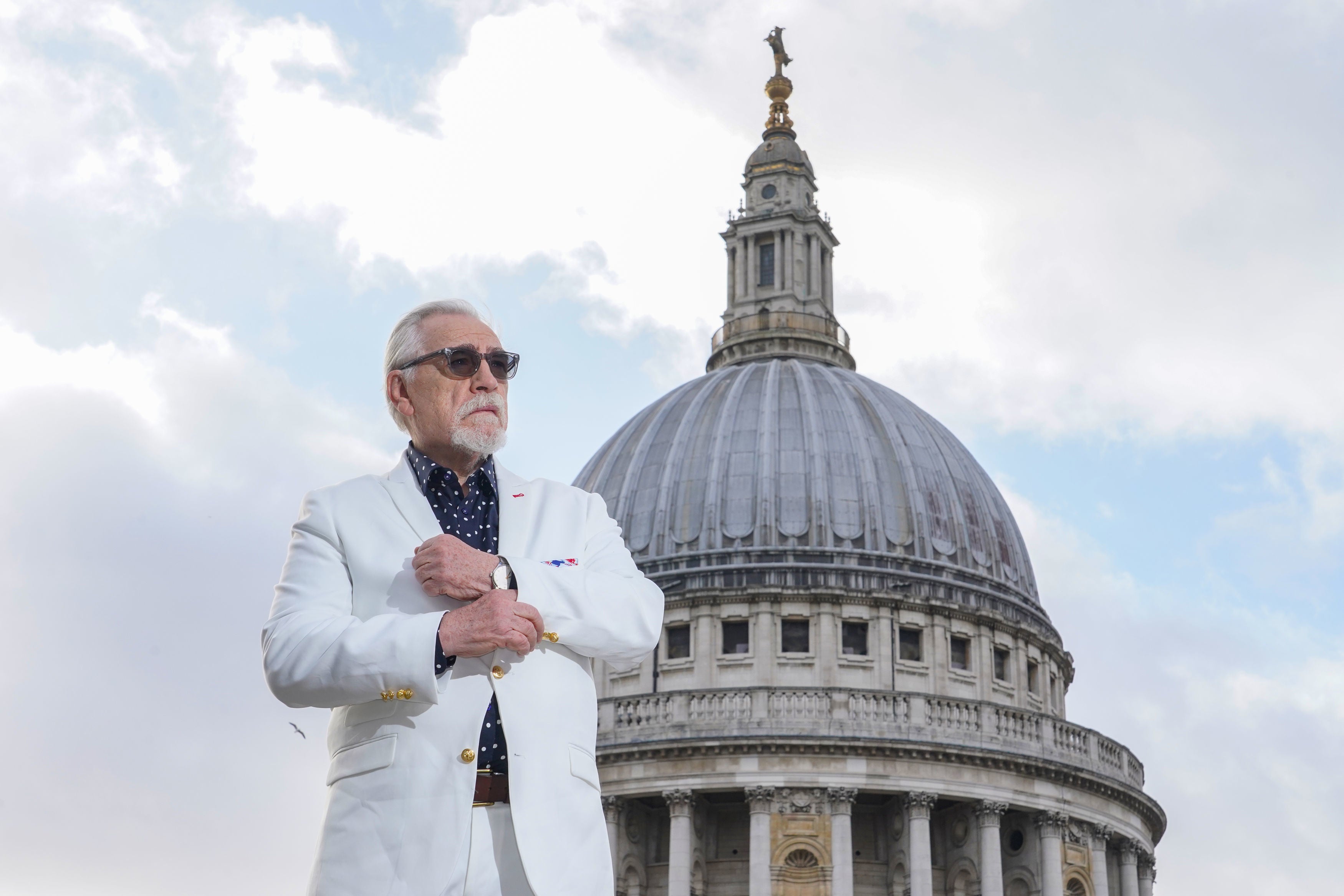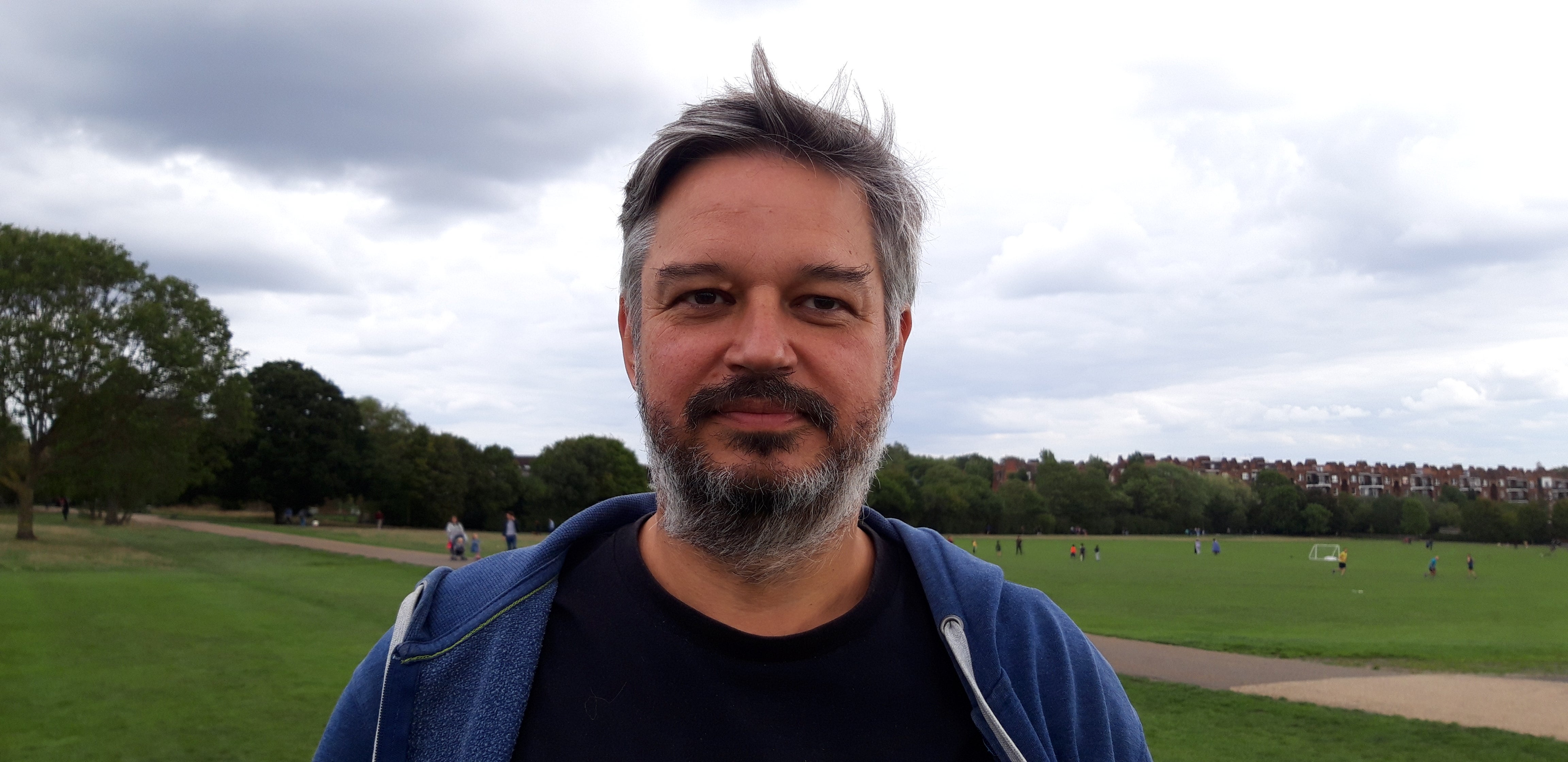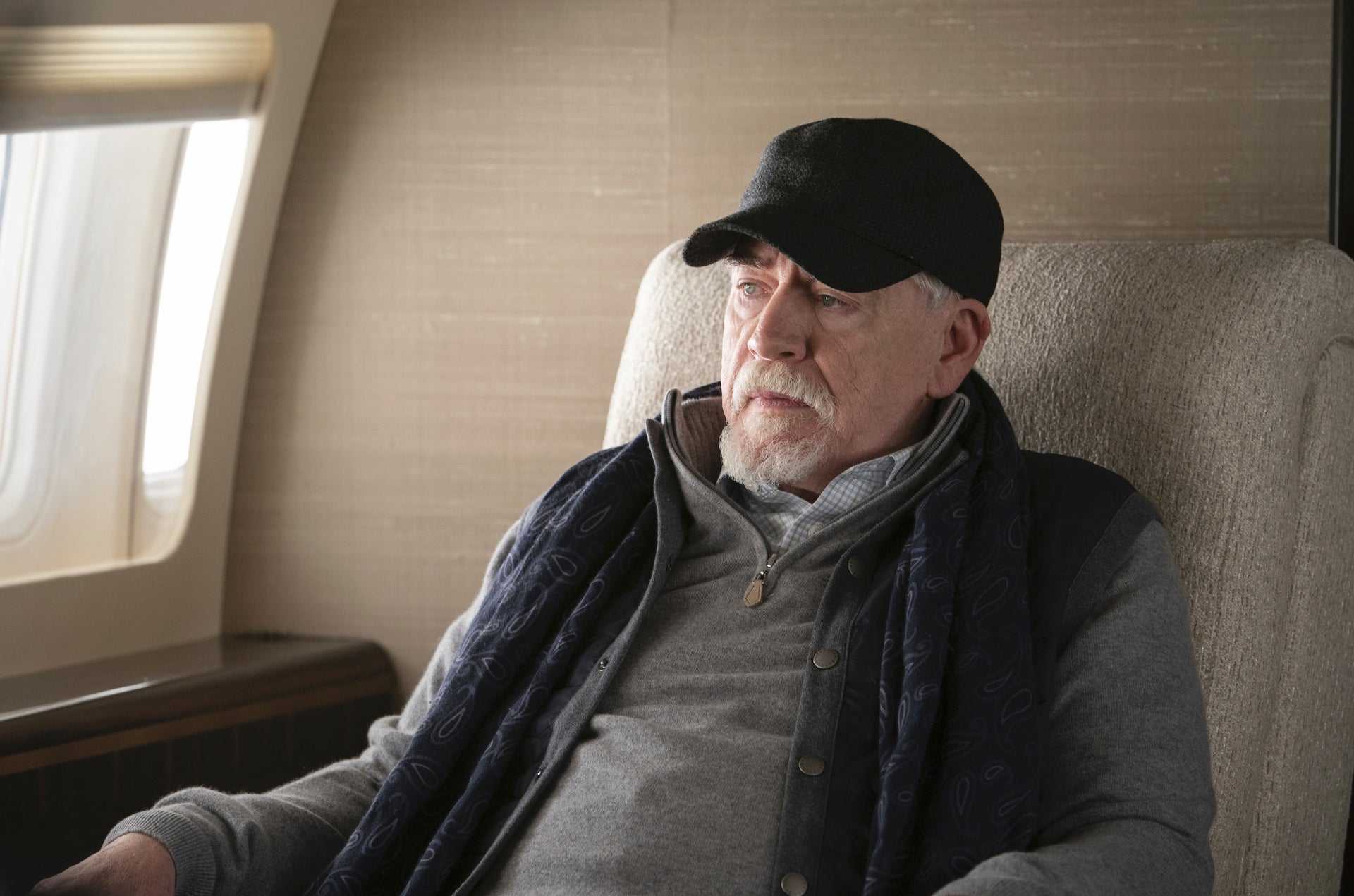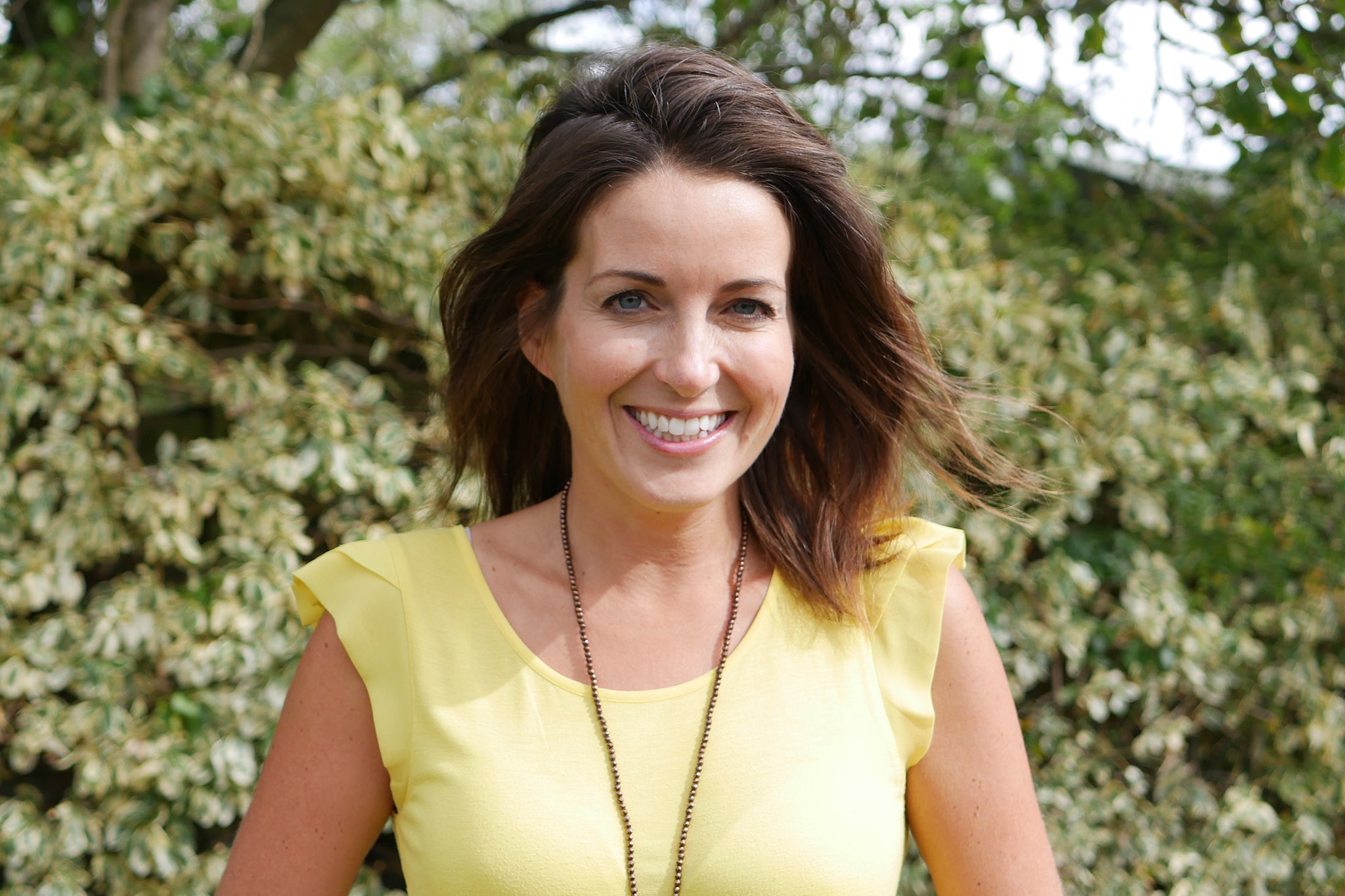‘I’m a multimillionaire who wants to pay more tax – it will be good for me’
As the world’s richest people gather in Davos, 250 millionaires and billionaires – including actors Brian Cox and Simon Pegg – have signed an open letter asking to pay a wealth tax. Peter Stanford meets some of them to discover why they prefer this to philanthropy and how you can be just ‘too rich’


Who exactly is it,” Nick Marple wonders aloud, “who objects to millionaires paying more tax?” Certainly not this millionaire investor.
The 54-year-old London-based father of two is one of that elite group with assets over £10m – quite a change from his modest upbringing when his dad thought his mum was posh because her family had an indoor toilet. Today he is sitting in the study of his Islington home in front of a signed shirt of his favourite football team, Aston Villa. Marple, who initially made his money through a betting syndicate, is talking to me about why he has joined UK Patriotic Millionaires, a group of super-wealthy people who want to pay more tax.
And they are not alone. Today the international campaigning group, first set up in the United States in 2010 by, among others, Abigail Disney, great-niece of Walt, is releasing a poll that shows that 74 per cent of 2,300 millionaires and billionaires from G20 countries surveyed actively want their taxes to go up.
It’s no coincidence that this is happening this week, when, since Sunday, the 1 per cent (and even 0.5 per cent) have been jetting to Davos on their private helicopters and jets. Since 1971 this exclusive ski resort outside Zurich has been host to the global “rich club” – the World Economic Forum’s “masters of the universe” annual backslapper.
The flesh will be pressed and the agenda will be set among the bankers, business chiefs and politicians in attendance. Marple will not be among them. “I was asked,” he says, “but said no.” Not his sort of place. Instead, thinking back to his original question, he muses: “So, if the people who will be paying more tax are happy to do it, and working people would definitely see the super-rich pay more as a great idea, that only really leaves politicians as blocking the proposal.”
By the reckoning of the Patriotic Millionaires Club, if a wealth tax was levied on those in the UK with more than £10m at a rate of between 1 and 2 per cent (our current top rate is 45 per cent on income over £125,000) it would yield an estimated £22bn per year in the UK for our hard-pressed public services. With the general feeling that nothing is currently working as it should be – schools and hospitals reportedly at breaking point – why, he would like to know, are both political parties seemingly so keen on talking down the benefits of tax. It might work for the middle earners, but many of the super-rich don’t think it’s fair that they don’t pay more tax when those most in need are suffering the most.

Rishi Sunak is currently making pre-election promises of tax cuts funded by cuts in welfare payments to the poorest. And of Labour’s Keir Starmer, this Patriotic Millionaire notes, “he was talking in an interview recently about those with ‘broad shoulders’ doing their share of the lifting. When he was then asked if he was talking about a wealth tax, he said he wasn’t. It is almost as if a focus group had told him never to use the words ‘wealth tax’. Or perhaps he is afraid of spooking the City of London.”
In its Proud to Pay More report that accompanies details of its survey, Patriotic Millionaires highlights that three-quarters of the super-rich respondents contacted backed a 2 per cent wealth tax on billionaires, as proposed by the EU Tax Observatory in October of last year. More interestingly perhaps, 54 per cent believed that “extreme wealth” such as their own, was contributing to the widening gap between rich and poor and this was posing a threat to democracy.
Millionaires and billionaires spanning 17 countries, including actors Brian Cox and Simon Pegg and business leaders Valerie Rockefeller, Marlene Engelhorn, and Guy Singh-Watson, have signed the letter to try and wake world leaders.

“We are living in a second Gilded Age,” said Emmy and Golden Globe-winning actor Brian Cox, who played fictional billionaire Logan Roy in HBO’s Succession. “Billionaires are wielding their extreme wealth to accumulate political power and influence, simultaneously undermining democracy and the global economy. If our elected officials refuse to address this concentration of money and power, the consequences will be dire.”
Marple reflects that there is nowadays, “no pride in paying tax”. This captures the group’s feeling that, the way they see it, tax is a way of investing back into their country and why they describe themselves as patriotic. Another of their group, Gemma McGough, arrives to meet me a few minutes late, full of apologies. The 42-year-old has been out near her home in Buckinghamshire, helping one of her three children buy a second-hand car, she explains. Mentioning that it second-hand sums up her attitude to wealth.
“I was never motivated to work to make lots of money. It caught me by surprise.” She and her husband were co-founders of Product Compliance Specialists, working in wireless and electronics product certification and regulation. They sold it six years ago and made millions.
“Having money caught me by surprise almost. I definitely have a guilt complex about it.” That was one of the things that prompted her to campaign to pay more tax. Another reason was Covid. “We weren’t all in it together. Poorer people struggled and people like me didn’t.”
When the rich stop relying on public services and start, then they no longer care about the rest of society, and the community breaks down. It’s a social contract that links us all together
Keenly aware of her privilege, she draws a clear distinction between those, like her, in the £10m upwards income bracket, and those just earning well above the £35,000 per year average wage in the UK, comfortably off, but not with more money than they can spend.
“It is different. I can see why people in the middle want their taxes reduced. Once you are rich, you find that money makes money for itself.”
Any decrease in tax revenue going into the exchequer from people like her will, she argues, only exacerbate the “terrible” state of public services. “We have a systematic problem – in schools, across the NHS. When we get to a place where public services are running smoothly, that might be the time for tax cuts. But not now.”
She is in a position financially to pay for private schools and private medical care. But she grew up poor – her mother was a cleaner and her father a painter-decorator, in a house without central heating or car until she was 10. Today, however, she believes a pay-as-you-go system is fundamentally flawed. “When the rich stop relying on public services and start, as they are doing in California, having their own private police and private firefighters, then they no longer care about the rest of society, and the community breaks down. It’s a social contract that links us all together.

“We are not as bad as the United States, but we are heading there if it is left unchecked.”
What about the argument that high taxes on wealth will deter entrepreneurship and dampen the drive to wealth creation that our economy needs to start growing again? Nick Marple is sceptical.
“If you talk to young entrepreneurs like I do and say to them, ‘if your idea and your hard work does pay off, you might have to pay a lot of tax’, it’s not going to put them off.”
Another striking statistic in the survey being sent to those attending Davos is that 70 per cent of those millionaires say that they believe that what will work best to produce higher economic growth is increasing taxes. Julia Davies can see why:
“There may be millionaires and billionaires who say no to higher taxes,” says the lawyer who made her money when she and her ex-partner co-founded the backpack and travel goods company Osprey Europe in 2003. “Yet, rationally, it is against their economic best interests because if governments don’t have the funds to invest in infrastructure, our economy isn’t going to grow.”

Dorset-based Davies certainly doesn’t want to come over as if she is wearing a hair-shirt and feeling bad about her wealth. “I enjoy my money, I can heat my home, and travel for winter sun without a second thought, but it has also got me into a position to do something about issues that concern me.”
The traditional channel for such a desire among the super-wealthy has been through philanthropy, often in the form of setting up a charitable trust or foundation. This is something that Davies does to promote rewilding and tackle deforestation. In 2021, she put up £4m to enable the Dorset Wildlife Trust to purchase 170 hectares of farmland near Bere Regis and return it to nature.
“But,” she insists, “there are things that need to be tackled on a national and international scale.” Her approach is guided, she says, by the lessons her “ordinary” parents had taught her growing up in the 1970s. “Don’t show off and don’t be selfish. The world has lost that and we need to get it back.”
And with all the talk of “trickle-down economics”, the current direction of travel is depressing: three million people in the UK (many of them in work) used a food bank in 2022-23, but, at the same time, private jet flights account for one in 10 departures from UK airports. “Having wealth and passing it on to my children will not help them when the gap between rich and poor starts to cause things to break down in society,” Julia says. “Yes, they could cut themselves off behind gates and in bunkers, but that’s not freedom,” she says.
She clearly believes those gathering at Davos need to understand this too. Will she be going to report the group’s findings in person? She shakes her head. “I think I’d probably get quite depressed there.”
Join our commenting forum
Join thought-provoking conversations, follow other Independent readers and see their replies
Comments


Bookmark popover
Removed from bookmarks